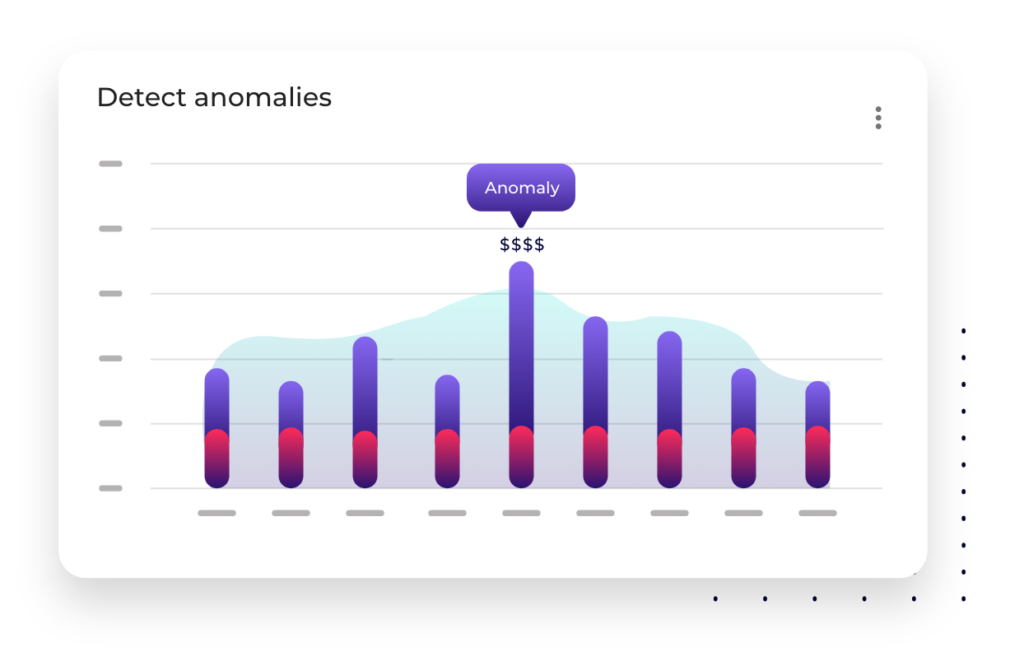
You can handle pods, but what about clusters?
Kubernetes makes it easy to orchestrate the pods that run your applications. But what about the clusters that the

“We work with DoiT because their expertise helps us use AWS services at a higher level. It’s like turbocharging the benefits. The result is my engineers are focused on making the business better, not on the day-to-day of keeping it running. This is what people mean when they talk about working smarter.”
Chief Technology Officer


Kubernetes makes it easy to orchestrate the pods that run your applications. But what about the clusters that the

Secrets are essential for the operation of many production systems. Unintended secrets exposure is one of the top risks

Infrastructure provisioning practices have always been behind in relation to the maturity and standardization of application development practices. But
You will receive a calendar invite to the email address provided below for a 15-minute call with one of our team members to discuss your needs.